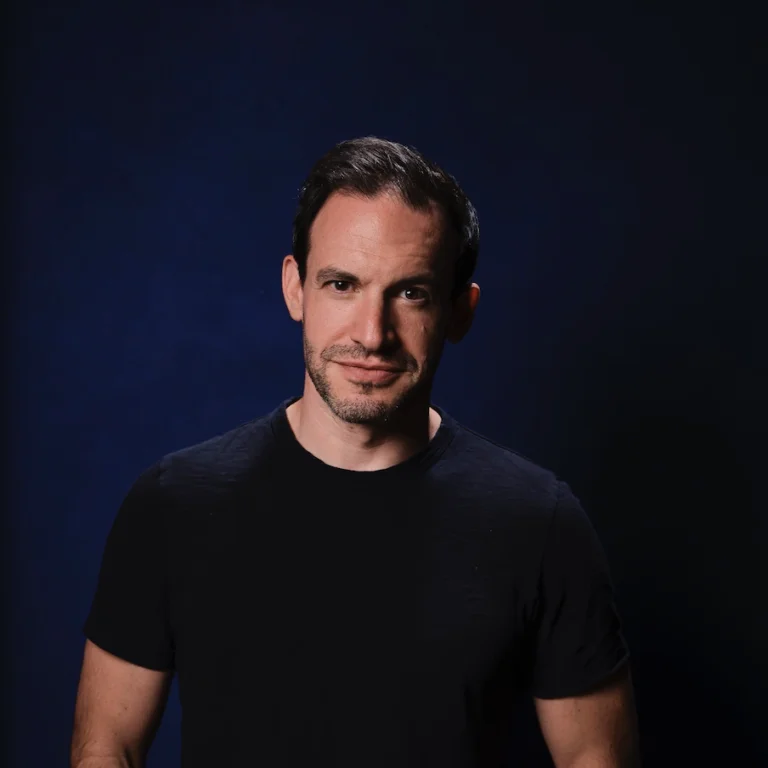Per Merriam-Webster, the definition of a paradigm shift is “an important change that happens when the usual way of thinking about or doing something is replaced by a new and different way.” From print to out-of-home, direct mail, radio, TV, digital and finally to mobile, each decade has introduced a new medium that has drastically altered the way advertisers strategize tactics to engage and activate customers. What has resulted is an incredibly complex and delicate ecosystem where advertisers are trying to balance reach, awareness, brand integrity, budget, profitability, revenue growth, measurement and a litany of other complexities that put pressure on them to always make the right decision in a seemingly zero sum game between competitors.
On cue, this decade has produced what we believe to be advertising's latest paradigm shift as we’ve seen the astronomical rise in the medium of podcasting from both a content creation and ad dollars perspective. Podcasts have been around for over 10 years, but it’s really been the last two-to-three years that advertisers have begun to allocate much larger portions of their marketing budgets to the channel, and the production of hosted content has proliferated globally. Ad dollars dedicated to podcasting will swell approximately 85% (compared to last year) to an estimated $220 million, and some individual brands are now spending well over $10 million solely in this channel.
The first, and arguably most important reason that podcast advertising has become so popular, relies upon a foundational tenant of marketing, blocking and tackling. Since show hosts endorse a specific product, they can’t recommend two products in the same category as it would dilute the authenticity and effectiveness of each endorsement. If you watch a football game, you will see three or four competing beer advertisers constantly rotating commercials throughout the game, but when you listen to a podcast, you will only hear one advertiser in any category due to the exclusive nature of the agreement.

